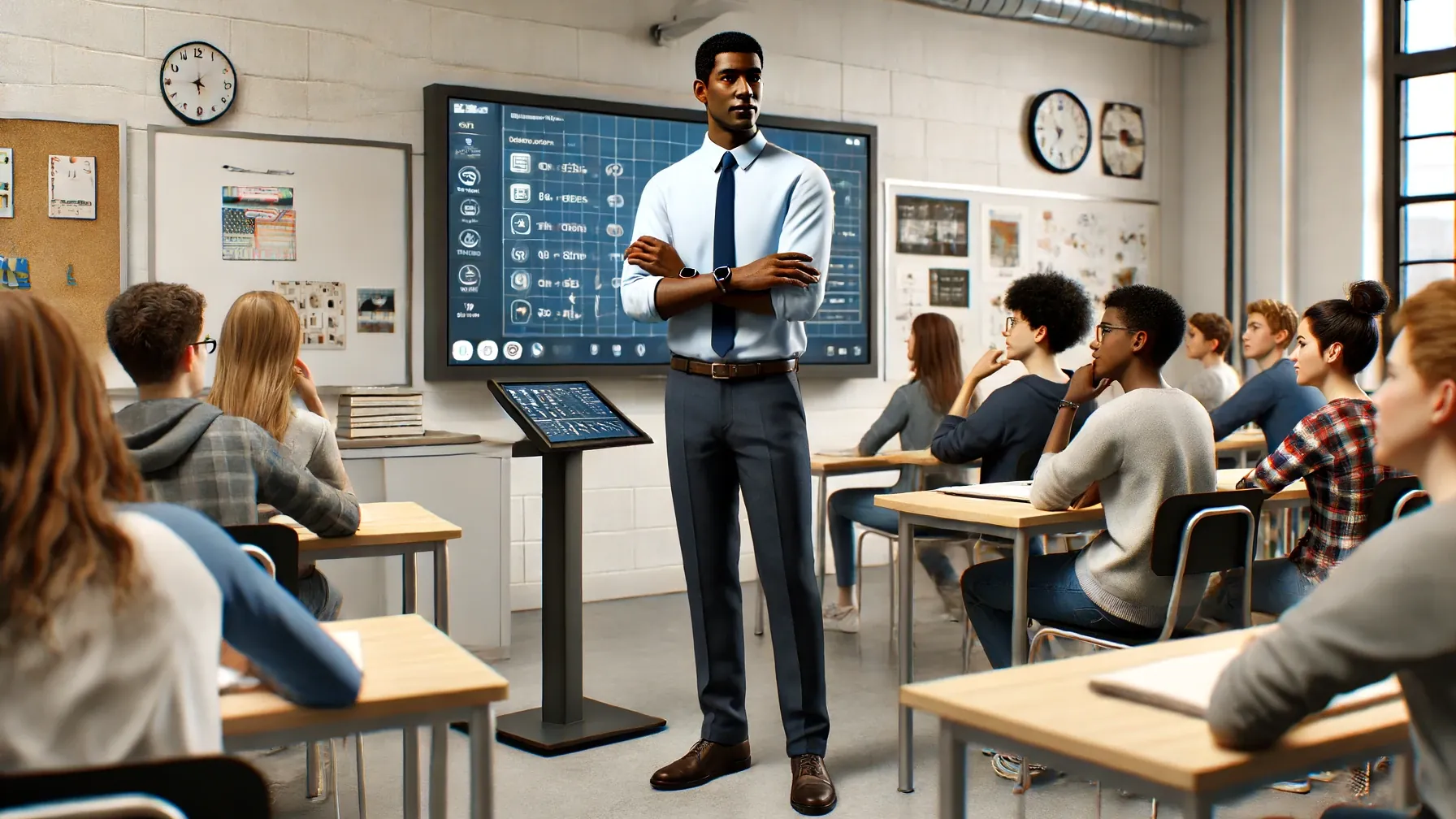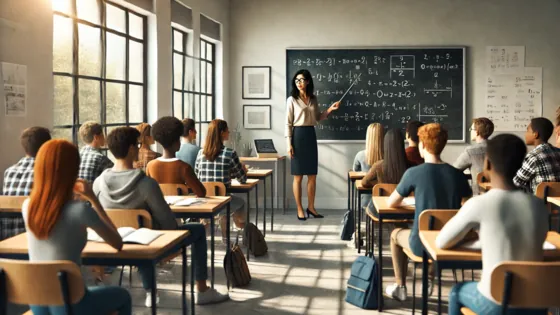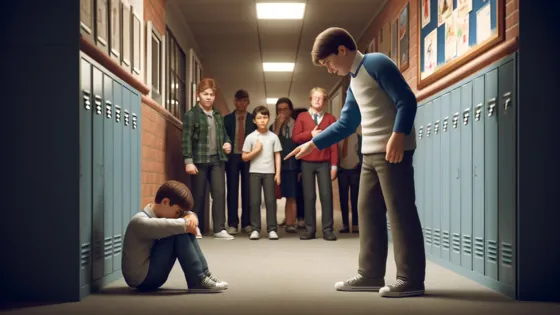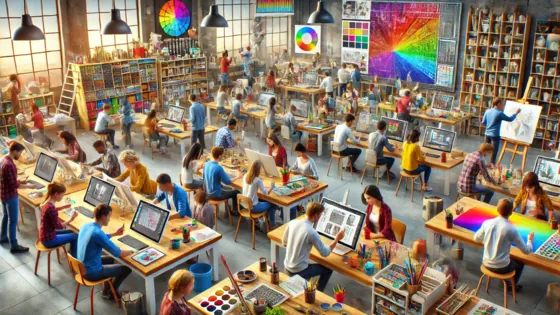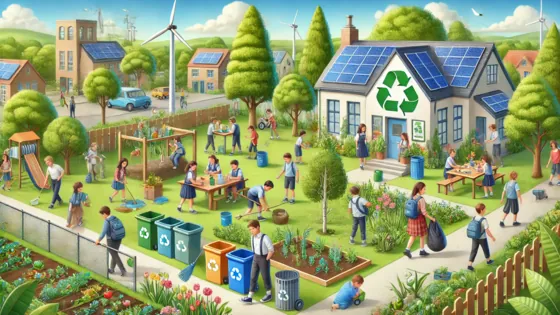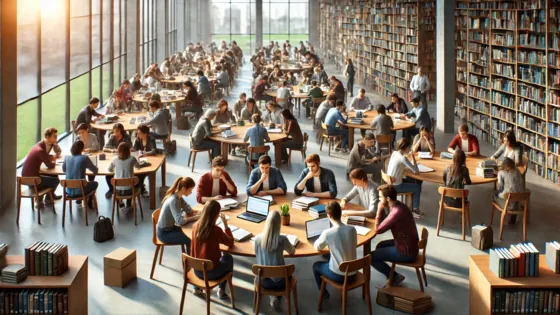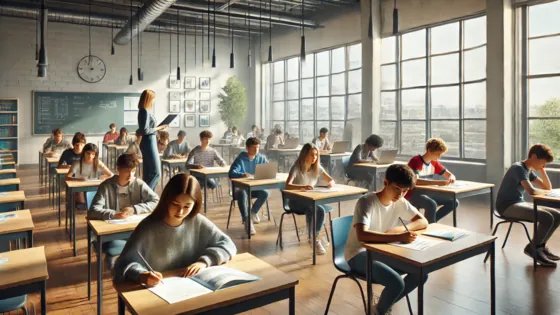The teaching profession has always been and continues to be one of the most significant and demanding roles. Teachers play a pivotal role not only in education but also in shaping the personalities of their students. This article provides an in-depth examination of how teachers impact the development of young people and what this means for modern education.
The Role of Teachers in the Educational Process
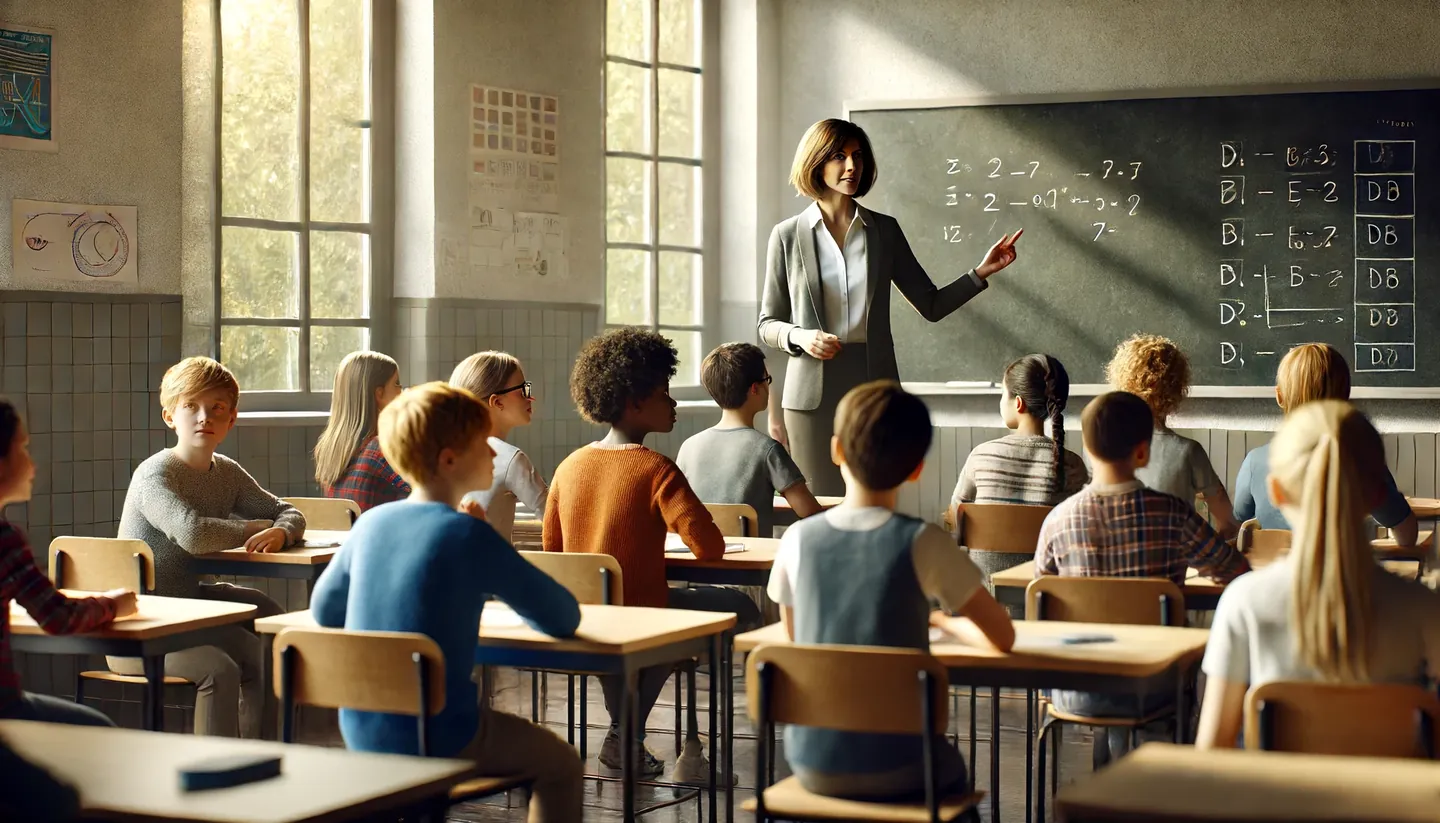
The teacher's role within the educational system is one of the utmost importance and responsibility. Beyond merely imparting knowledge, teachers significantly influence the personality development of their students. This article explores the key aspects of this role and the impact teachers have on shaping individual student identities.
Developing Self-esteem and Confidence

A primary way in which teachers can foster self-esteem and confidence in students is by creating a supportive and encouraging classroom environment. Recognizing student efforts and achievements, even small ones, helps them feel valued and competent.
Teachers also play a crucial role in setting realistic expectations for their students. Offering tasks and assignments that match their current abilities and development level helps students feel more confident in their capabilities. Gradually increasing task complexity allows students to expand their skills and boost their self-esteem over time.
Additionally, teachers should create opportunities for students to express themselves in class. This could be through discussions, projects, presentations, or even artistic activities. The more a student feels that their opinions are respected and valued, the stronger their self-esteem and confidence become.
Shaping Value Orientations

One of the fundamental ways a teacher can influence a student's value orientations is by modeling those values through their behavior and decisions. A teacher who demonstrates respect, tolerance, fairness, and other important values becomes a role model for their students.
Teachers can also foster value orientations through classroom discussions on ethical and moral issues. Debates on the importance of honesty, justice, respect for others' rights, and other key values help students understand and appreciate these concepts and their societal roles.
Teachers may also integrate value-based aspects into the curriculum. This can be achieved by including texts, stories, or assignments that reflect societal values, such as studying the biographies of notable individuals or conducting projects on social issues, helping students recognize and value different perspectives.
Stimulating Creative Thinking

Creative thinking is vital for personality development and successful adaptation in the modern world. With rapid technological changes and societal demands, creativity becomes an essential skill for students. This article examines the teacher's role in encouraging creative thinking and the methods that enhance this critical aspect of personality.
By inspiring and fostering creative thinking, teachers promote student personality development. Encouraging unique problem-solving approaches, supporting individuality, and enabling conditions for self-expression all contribute to nurturing a student's creative abilities.
Diverse teaching methods are key to stimulating creative thinking. Teachers should use not only traditional lectures and textbooks but also interactive methods, games, projects, group discussions, and other activities that promote active participation and develop creative thinking.
Developing Social Skills
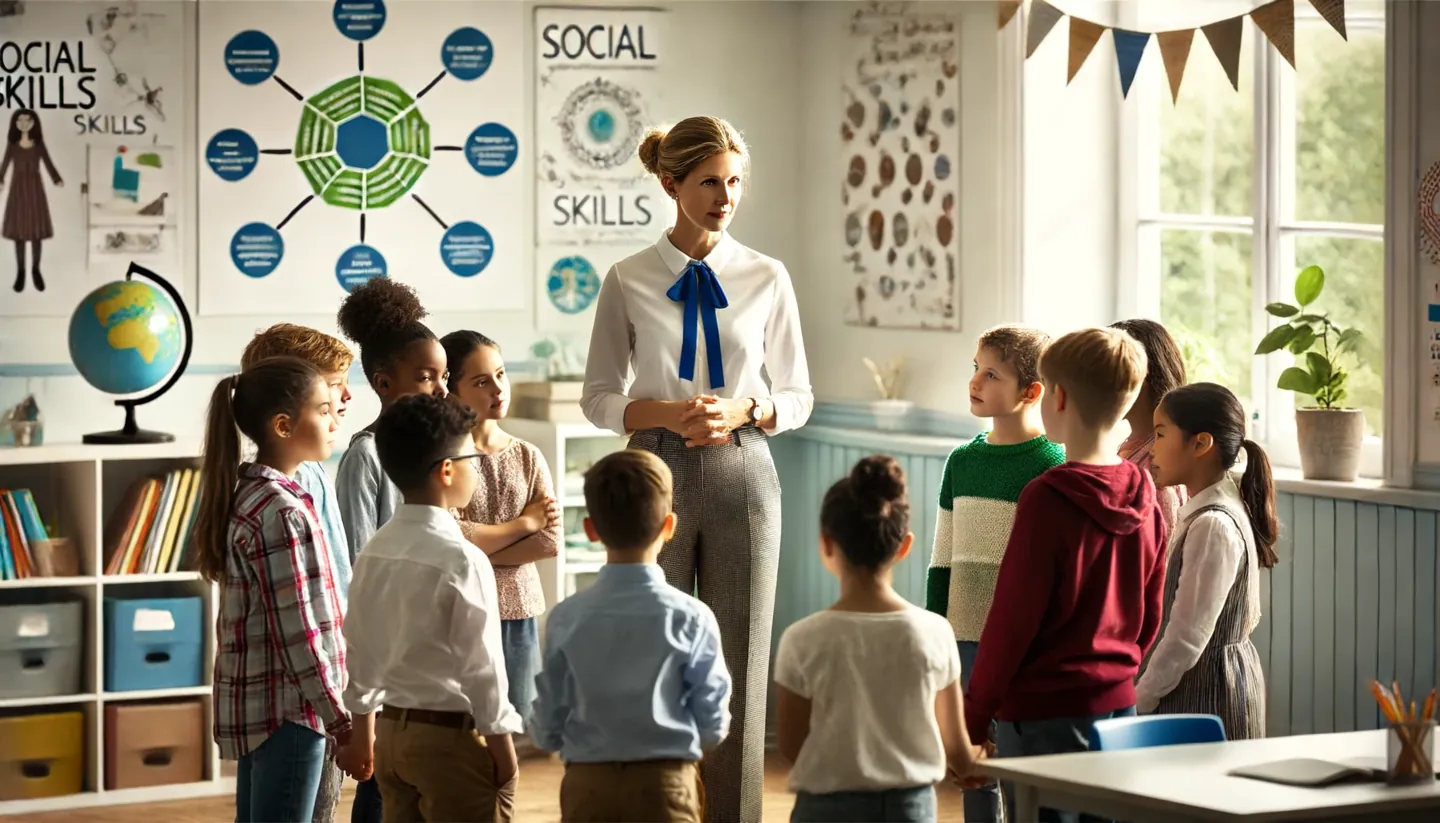
Social skills are crucial for successful societal integration and interaction. Given the significance of social interactions in the modern world, developing social skills is a priority in education. This article discusses the teacher's role in cultivating these skills in students and the methods that facilitate social competence development.
Teachers profoundly influence students' personal development, making their role in the educational process indispensable. They lay the groundwork for each student's future, highlighting the importance and significance of their work.
One of the most important ways teachers can develop social skills in students is by creating an atmosphere of mutual understanding and respect in the classroom. Teachers should encourage student interaction, support dialogue, and assist in conflict resolution. This enables students to recognize the importance of respectful interactions and develop empathy and tolerance skills.
Group assignments and projects provide excellent opportunities for social skill development. By participating in group projects, students learn to collaborate, communicate, share, and resolve conflicts. Teachers should encourage teamwork and ensure equal participation for all students in the process.
Conclusion
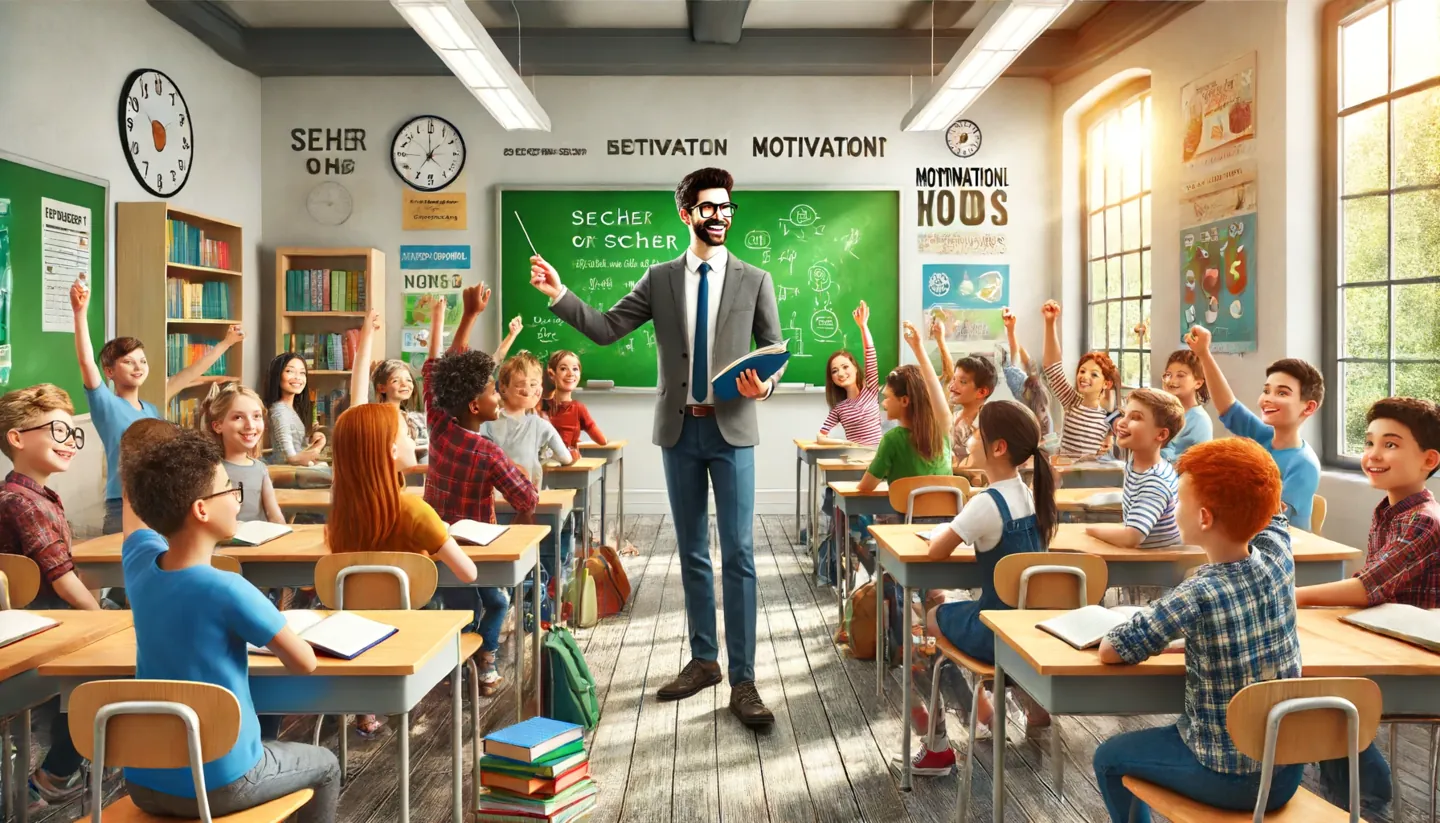
Teachers have a profound impact on the personal development of students, making their role in the educational process indispensable. They fundamentally shape the future of every student, underscoring the importance and significance of their work.

